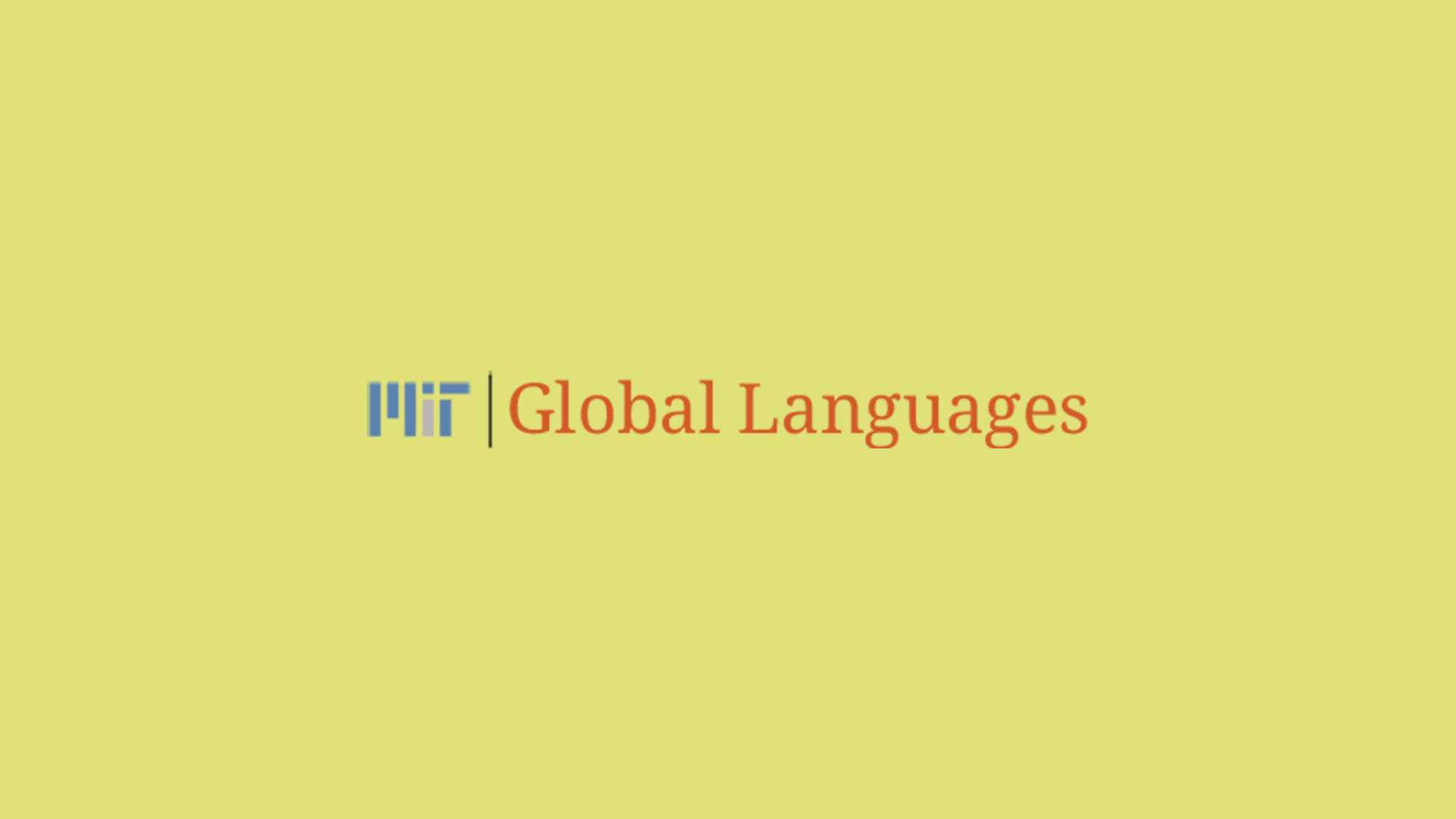
Global Languages Pedagogy Lecture Series presents a talk byJamie Rankin, co-director of the language program in the German Department of Princeton University.
Second language (L2) classrooms have undergone a number of radical changes during the past 50 years, moving away from a focus on formal linguistic structures to drills and habit formation, then to comprehensible input, focus on form, cultural integration, sociocultural perspectives and social networking.
Throughout all of these shifts there has been surprisingly little emphasis on one aspect of L2 learning that all teachers and all students acknowledge as a critical factor in L2 communicative proficiency and literacy: Vocabulary.
As someone once quipped: “If you don’t know any grammar, you can’t say much; if you don’t know any vocabulary, you can’t say anything.” This applies to more than rudimentary spoken communication. A knowledge of vocabulary is as critical to interpreting texts as it is to interaction and presentation – that is to say, it lies at the heart of L2 proficiency as currently conceptualized.
This talk addresses three issues in L2 vocabulary acquisition:
- What is the relationship between vocabulary, text coverage and reading comprehension?
- What role does vocabulary currently play in L2 textbooks?
- How can research into L2 vocabulary inform classroom praxis?
While the talk is grounded in current research, its goal is to provide instructors and students with strategies for classroom teaching, learning and assessment.
Questions? Email: languages-events@mit.edu
Speakers

- Co-Director of the German Department at Princeton University
Jamie Rankin has published articles in Unterrichtspraxis and the Modern Language Journal, focusing on the dynamics of corrective feedback in the classroom; training and mentoring graduate student TA’s; and assessing the usefulness of classroom materials for beginning and intermediate language learners. After completing a Ph.D. in German literature at Harvard University, he went on to specialize in second language acquisition and pedagogy in the Department of Second Language Studies at the University of Hawaii. A co-author of the Handbuch zur deutschen Grammatik (Cengage, now in its 6th edition), he has recently developed a first-year curriculum for Beginning German that integrates culture, grammar and high-frequency vocabulary on an interactive online platform. In 2014 he was appointed as inaugural director of the Princeton Center for Language Study.
